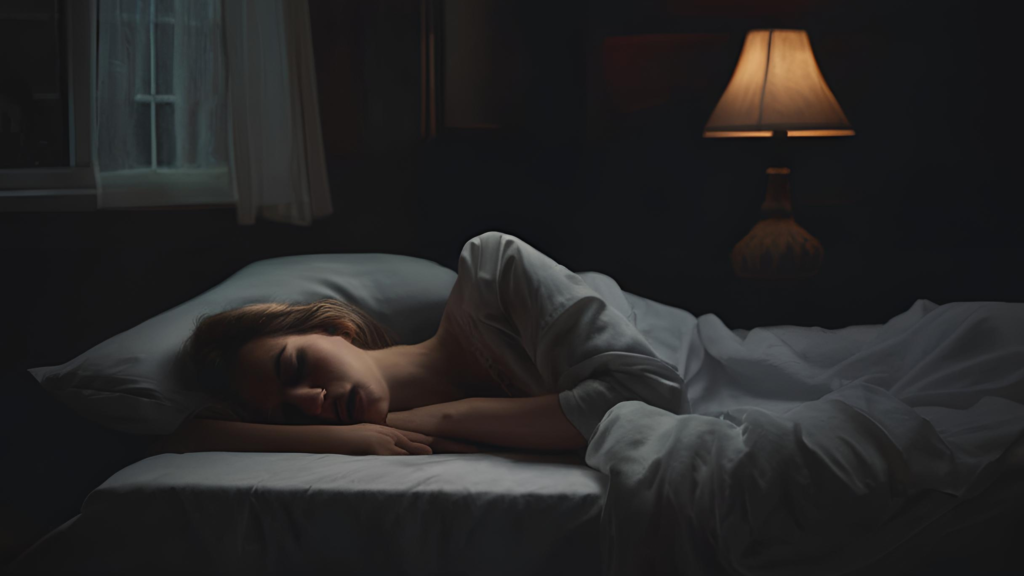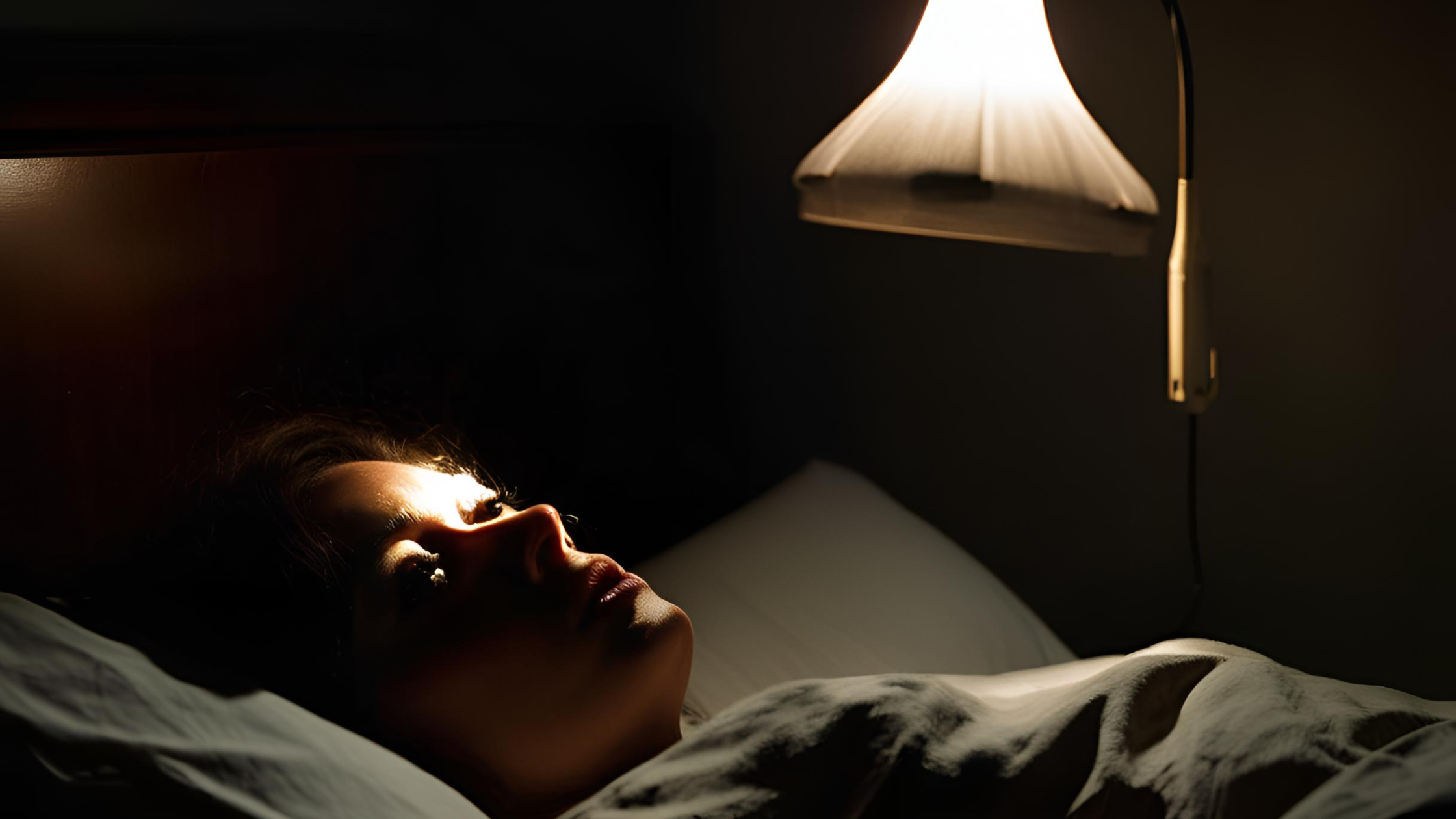Somniphobia, also known as hypnophobia, is a fear of falling asleep. This condition can cause intense anxiety and avoidance behaviors surrounding sleep, potentially leading to chronic sleep deprivation and long-term health effects. Understanding the symptoms, causes, and treatment options for somniphobia is crucial for anyone dealing with sleep anxiety or fear.
1. What is Somniphobia?
Somniphobia is an irrational fear of sleep. People with this phobia often experience intense fear or panic at the thought of going to bed or falling asleep. Unlike other phobias that can be avoided, sleep is a fundamental need. The persistent avoidance of sleep can result in serious consequences for physical and mental health, such as obesity, diabetes, and heart disease.
2. Symptoms of Somniphobia
People with somniphobia may experience the following symptoms when they think about sleep or prepare for bed:
- Profuse sweating
- Rapid heartbeat
- Shortness of breath
- Panic or fear associated with sleep-related objects (e.g., mattresses)
- Trembling
- The desire to avoid sleep at all costs
These symptoms are often similar to those of panic disorders, but they specifically occur in response to sleep-related situations.
3. Causes of Somniphobia
While the exact cause of somniphobia is unclear, the condition may develop from a combination of genetic and environmental factors. Childhood experiences, family history of anxiety disorders, and shared traumatic events can increase the risk of developing phobias. Somniphobia can also arise as a result of other anxiety disorders, such as post-traumatic stress disorder (PTSD) or nightmare disorder, where individuals fear sleep due to recurring traumatic nightmares.
Other potential contributors include sleep paralysis, a condition where individuals temporarily cannot move or speak while falling asleep or waking up, often accompanied by vivid hallucinations. This terrifying experience may lead to an avoidance of sleep.
4. Diagnosing Somniphobia
Mental health professionals use the Diagnostic and Statistical Manual of Mental Disorders (DSM) to diagnose phobias, including somniphobia. A diagnosis is usually based on the presence of several criteria, including persistent fear or anxiety about sleep that has lasted for six months or longer and the degree to which this fear impairs a person’s ability to function in daily life.
5. Treatments for Somniphobia
Treating somniphobia often involves a combination of therapy and, in some cases, medication:
Exposure Therapy
Exposure therapy is the most effective treatment for somniphobia. It involves gradually exposing the individual to the fear-inducing stimulus (in this case, sleep) in a controlled and safe environment. Over time, patients learn how to manage their anxiety and recondition their response to the idea of sleep.
Cognitive Behavioral Therapy (CBT)
Cognitive Behavioral Therapy (CBT) is another common approach, helping patients reframe negative thought patterns associated with sleep. This therapy helps individuals identify their unhelpful thoughts about sleep and replace them with healthier, more constructive beliefs.
Medication
While there is no medication specifically for somniphobia, drugs that help reduce anxiety—such as benzodiazepines and beta blockers—may be used temporarily to manage symptoms. However, these medications should only be taken under the supervision of a doctor, as they can become habit-forming.

6. When to Talk to a Doctor
If somniphobia is causing persistent sleep avoidance, anxiety, or impaired functioning, it’s important to seek professional help. A mental health provider can assess the severity of the symptoms and provide a tailored treatment plan to help manage and reduce the fear of sleep.
For more information on somniphobia and how to manage it, consider speaking with a sleep specialist or therapist. Early intervention can help break the cycle of sleep avoidance and anxiety, leading to a healthier, more restful life.
you’re looking for solutions to improve your sleep and overall well-being? Visit our shop today! We offer a range of high-quality sleep products, from comfortable mattresses to calming sleep aids, designed to help you achieve the restful night’s sleep you deserve. Stop by and explore our selection to find the perfect fit for your needs!
If you or someone you know struggles with a fear of sleep, it’s essential to address these concerns with the help of a mental health professional. By understanding the symptoms and seeking treatment, it’s possible to overcome somniphobia and regain a peaceful relationship with sleep.


